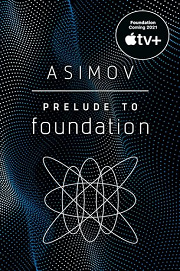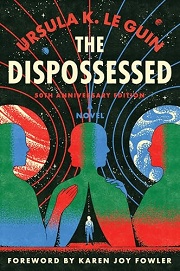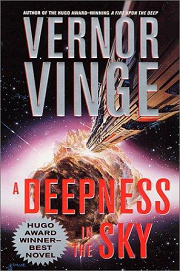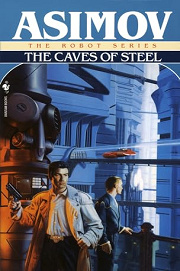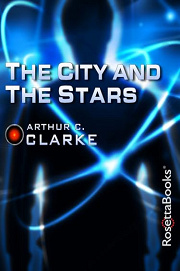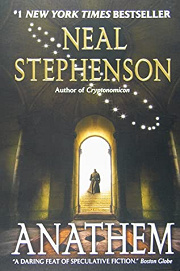Share your thoughts in a quick Shelf Talk!
Prelude To Foundation by Isaac Asimov
A brilliant mathematician is whisked into the labyrinthine politics of a galactic capital, where hidden factions vie to control the future of predictive science. To survive, he must untangle the past’s most guarded secrets. Prelude to Foundation is classic Asimov—big ideas, deft intrigue, and the birth of a legend.
Have you read this book? Share what you liked (or didn’t), and we’ll use your answers to recommend your next favorite read!
Love Prelude To Foundation but not sure what to read next?
These picks are popular with readers who enjoyed this book. Complete a quick Shelf Talk to get recommendations made just for you! Warning: possible spoilers for Prelude To Foundation below.
In Prelude To Foundation, did you enjoy ...
... the social-science lens—how ideas, economics, and culture drive history as much as technology?
The Dispossessed by Ursula K. Le Guin
If what hooked you in Prelude to Foundation was Hari Seldon wrestling with psychohistory’s societal variables—and his debates at Streeling about how culture and politics shape prediction—you’ll love The Dispossessed. Le Guin follows physicist Shevek across two contrasting societies, using his scientific breakthrough to probe class structures, ideology, and freedom. Like Seldon’s Trantor wanderings through Dahl and Mycogen to test assumptions, Shevek’s journey becomes a rigorous, human-centered study of how social systems make (or break) big ideas.
... maneuvering through empire-shaking conspiracies and shadow politics?
A Deepness in the Sky by Vernor Vinge
If you enjoyed the Wye Sector’s attempted coup against Emperor Cleon I and the quiet manipulations surrounding Chetter Hummin/Eto Demerzel, A Deepness in the Sky delivers that same thrill of high-stakes scheming. Vinge pits trading fleets and covert operatives against each other in a long game of influence, corporate control, and subversion. You’ll find the same taste of patient strategy and moral calculus that runs beneath Seldon’s cat-and-mouse through Trantor’s ministries.
... a science-fiction mystery that peels back a society’s layers through investigation?
The Caves Of Steel by Isaac Asimov
If Hari’s sector-by-sector inquiries—following clues from Streeling to Mycogen, and unmasking Hummin’s true identity—kept you rapt, The Caves of Steel gives you a pure SF whodunit hit. Detective Elijah Baley partners with R. Daneel Olivaw to crack a murder in a claustrophobic, stratified Earth-city, uncovering secrets that echo the social tensions Seldon probed in Trantor’s Dahlite heat-sink underworld. It’s that same sleuthing-through-society engine, but sharpened into a taut mystery.
... a meticulously imagined, city-centered future civilization unveiled district by district?
The City And The Stars by Arthur C. Clarke
If Trantor’s layered sectors—the sterile taboos of Mycogen, the working-class grit of Dahl, the academic enclave at Streeling—captivated you, The City and the Stars offers a kindred fascination. Clarke’s Diaspar is a self-contained city whose history and design are revealed piece by piece, much like Seldon’s urban archaeology across Trantor. As Alvin ventures outward, the city’s hidden past unfolds with the same architectural and cultural detail that made Trantor feel immense and real.
... big, cerebral thought experiments about mathematics, prediction, and the responsibilities of knowledge?
Anathem by Neal Stephenson
If the intellectual spark of psychohistory—Seldon’s drive to ground history in rigorous ideas while Dors guards him through peril—was your draw, Anathem is your next deep dive. It follows cloistered scholars whose abstract theories suddenly matter to the fate of their world. As in Seldon’s realization that models must confront messy reality (from palace politics to street unrest), Stephenson turns philosophical math into urgent, world-shaping action.
Unlock your personalized book recommendations! Just take a quick Shelf Talk for Prelude To Foundation by Isaac Asimov. It’s only a few questions and takes less than a minute.
